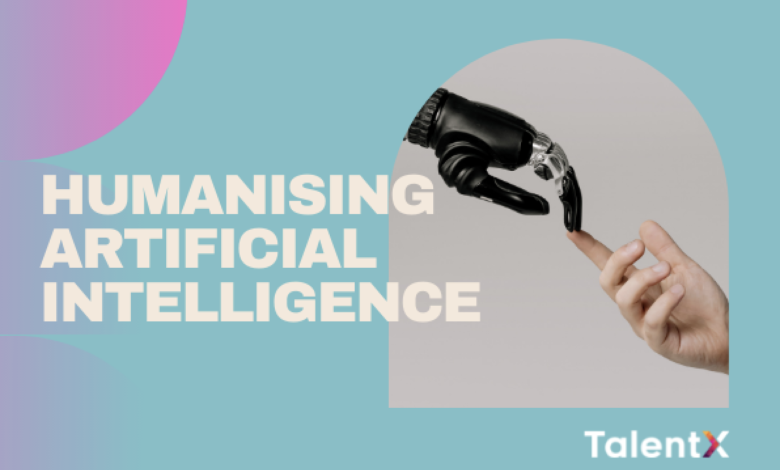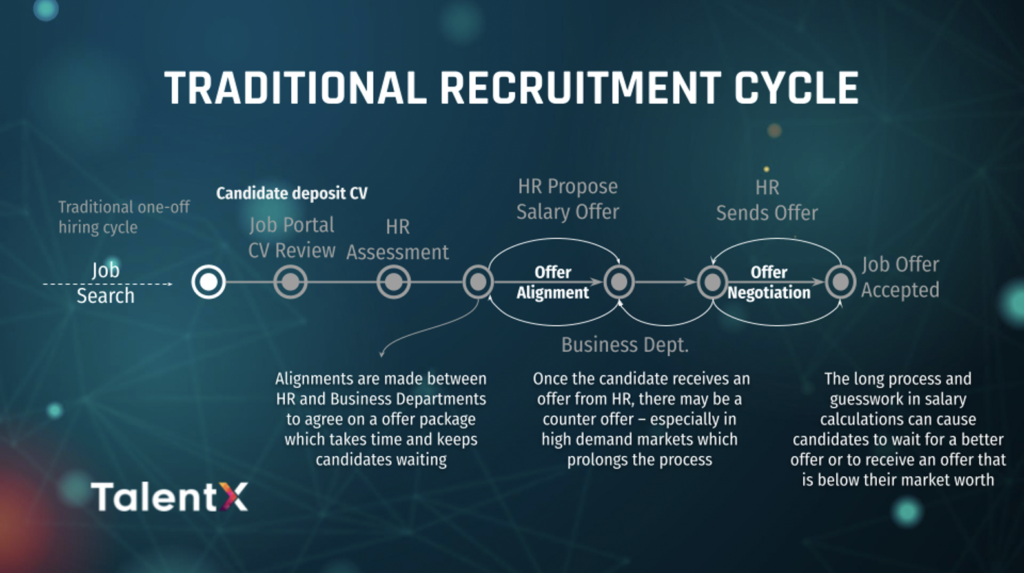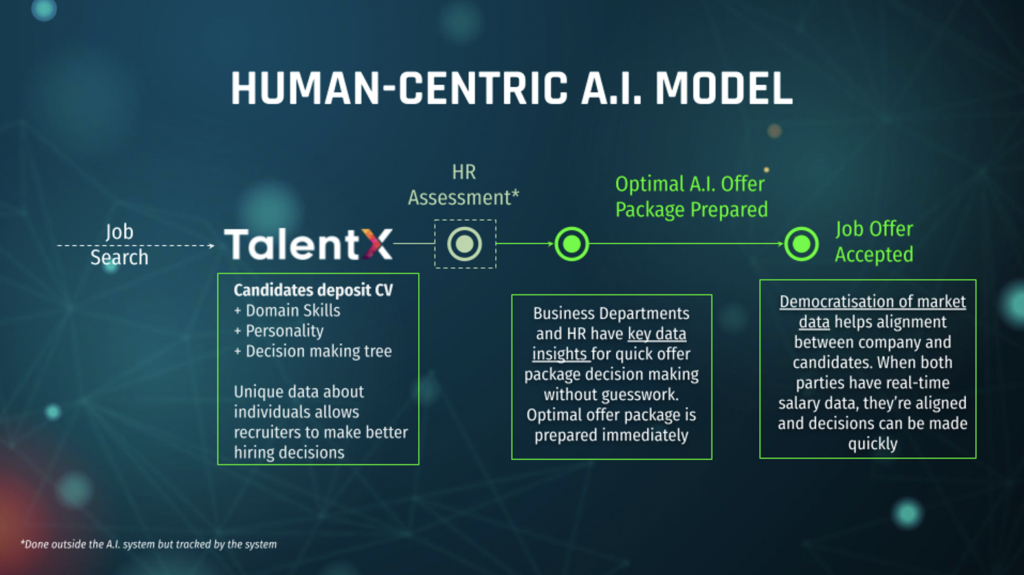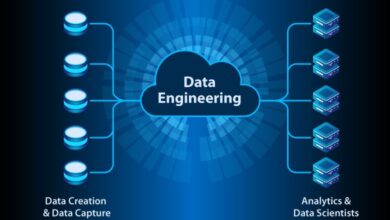
Southeast Asia’s digital economy is on its way towards a USD300 billion boom (25% increase) by 2025 according to estimates and in parallel with this growth is an acceleration in demand for tech workers to sustain it.
In Singapore, a tech talent shortage is pushing prices for hiring for tech talents up and the scarcity of candidates with the right skills for the job is prolonging hiring periods up to 3 months per open position.
While artificial intelligence (A.I.) has improved the automation of some hiring processes, little emphasis has been made to tackle the last mile problem in hiring: fair and competitive new hire compensation decisions.
Hiring Quickly And Sustainably
The laws of supply and demand are at work in Southeast Asia: tech workers are scarce currently so the cost to hire candidates with the right skill set is increasing — some tech talents are able to command a 30% increase in compensation in order to switch jobs.
In this economy, companies will lose their competitive edge when hiring if they continue to rely on guesswork, outdated salary surveys, or direct negotiations with candidates. Under these conditions, an unbiased A.I. that takes into consideration the needs of the business and the needs of the candidates can drastically reduce the time it takes to offer.
Humanising A.I. And Democratising Data
Instead of using A.I. merely to screen candidates, A.I. can be used to empower candidates with data. When candidates and companies have access to the same compensation data, for example, job acceptance and hiring decisions can be made quicker. When salary data is democratised, there will be fewer instances of mismatched expectations and compensation can be agreed to quicker which leads to quicker hires.
Fair pay that meets a company’s business objective and a candidate’s financial objective allows the industry to move forward in a more linear fashion — everybody wins.
Humanising A.I. further, systems need to focus on candidates’ decision making process. Even though compensation is a big factor, other factors like employee benefits, employer branding, learning opportunities, workplace flexibility, and workplace culture also play a big role in candidates’ decision making process.
Every individual is different and an A.I. that can find more differentiating factors that make a candidate unique will allow recruiters to make better business decisions. For example, an employer’s branding may be poor which leads to rejections from candidates. With candidate data that focuses on intangible factors, companies can identify problem areas and work on them.
Data that understand what makes a candidate tick will allow A.I. to make more human decisions and in turn, present insights for companies to make better decisions. As more data points are collected and used by the industry, the more human the industry becomes and mismatched hires will slowly decrease.
Human-centric Offer Management Platform
The recruitment ecosystem typically involves a job posting on a job portal where candidates deposit their CV, a CV review by HR (or A.I.), then the first assessment by HR, followed by offer package alignments between the hiring business department and HR. Once an offer package can be agreed together, the offer is sent to the candidate who then negotiates with HR and the cycle goes back to square one.

Within this ecosystem, HR, business departments, and candidates are not aligned in their information. This causes delays when coming to an agreement on the final offer package. All parties are left to guess at the optimal salary and can be left frustrated.
With a human-centric approach that empowers everyone with the democratisation of market data, much of the guesswork is left out and the process flow is quickened.

In this process, data is used to differentiate each candidate by highlighting their unique intrinsic motivations and decision making processes. Right at the start, the candidate stands out for their individuality and is presented in the best possible light to HR departments.
In the offer management stage, if an A.I. is used to calculate the optimal offer package based on real-time market data, both HR and the business department are aligned on the salary expectations. Negotiations are kept to a minimum and candidates receive the offer quickly.
Finally, as candidates share the same market salary information as employers and the A.I. understands their preferences, candidates are more likely to accept the offer. Each stakeholder in this ecosystem is empowered to make decisions based on data and benefit from sharing their data.
Future Advancement
Data-driven new-hire offer package decision is just the beginning for A.I. solutions in HR. With machine learning and personalised data for each candidate, systems can be used in the future for real-time performance reviews and to flag growth opportunities within the business or problem areas.
This of course requires massive amounts of unbiased data points and there’s a great opportunity for growth in Southeast Asia where A.I. adoption is still low. That said, steps must be taken to ensure personal data is not exploited and A.I. practitioners need to remember this North Star: humanise A.I. to empower people.






[…] post Humanising A.I. For Fair Compensation Decisions appeared first on The AI […]